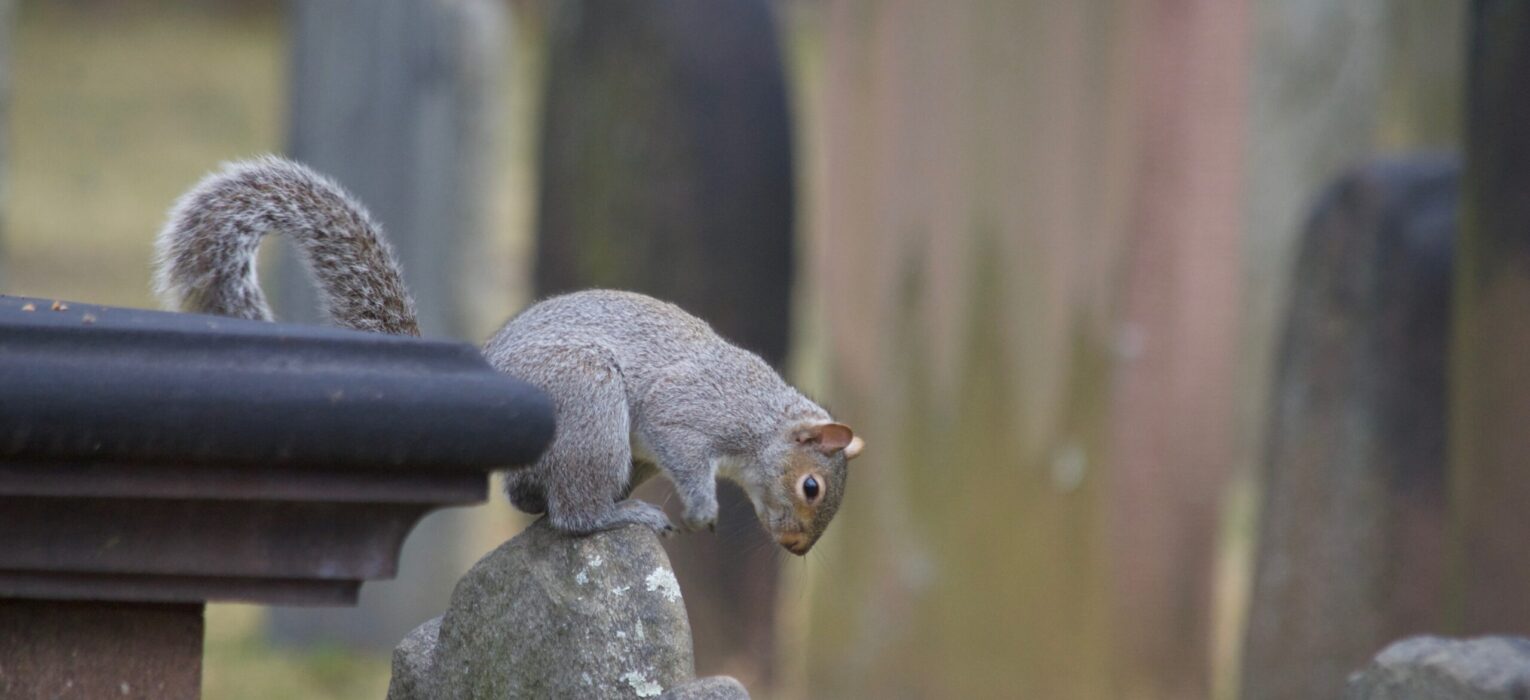“Our most dangerous weapon would prove to be modernity and its trusty sidekick, late capitalism. In the twentieth century human impacts began to increase not just linearly but exponentially. The decades following the Second World War were a time of unprecedented growth in population on the one hand and consumption on the other. Between 1945 and 2000 the number of people in the world tripled. During the same period water use quadrupled, the marine fish catch increased sevenfold and fertilizer consumption rose tenfold. Most of the population growth occurred in the Global South. Most of the consumption was driven by the US and Europe.”
–Elizabeth Kolbert, in “Civilization and Extinction”, published in The Climate Book
What we do with bad news says a lot about who we are, individually, in the moment.
You could read that information above – or think about any number of crises you’ve learned about in the last year – and see it as a nightmare from which there is no positive end. You could don a “why bother?” attitude and act condescending and dismissive toward anyone who dares to try to do something. Instead of devising possible solutions, you could sink your energy into explaining down to someone why their tactics won’t work.

Or, you could see the bad news as an invitation.
Why else would you be alive right now?
Do you think it’s to live an anesthestized existence bingewatching television? Do you think it’s to spend your life hyperfocused on only what is perceived as good for your family?
I’ve heard people say they don’t know what to do. This feels like a cop out. Open the search engine and see what answers you get. The most likely thing you’ll learn is that the “nobody cares” or “nobody’s doing anything” sentiments you’ve heard (or might possess) are lies. You’ll see organizations who are already tackling some aspect of pretty much every issue imaginable. Connect with them. Start there.
I’ve heard people express how they are unhappy with the attack on civilians in Gaza, but they don’t like Jewish Voice for Peace. Our friend, Google, quickly tells us that JVP is not the only organization working on this. There are groups far less controversial such as Amnesty International, Oxfam America, American Friends Service Committee, and Doctors Without Borders. The answer to disagreeing with one organization’s tactics or messaging isn’t to be silent — it’s to be less lazy and find one of the many groups working toward the same goal.
Climate Possibilities is a series about climate mitigation, along with resilience, resistance, and restoration. It’s about human habitat preservation. It’s about loving nature and planet Earth, and demanding the kind of change that gives future generations the opportunity for vibrant lives. Doomers will be eaten alive, figuratively. All photographs are taken in Hartford, Connecticut unless stated otherwise.

